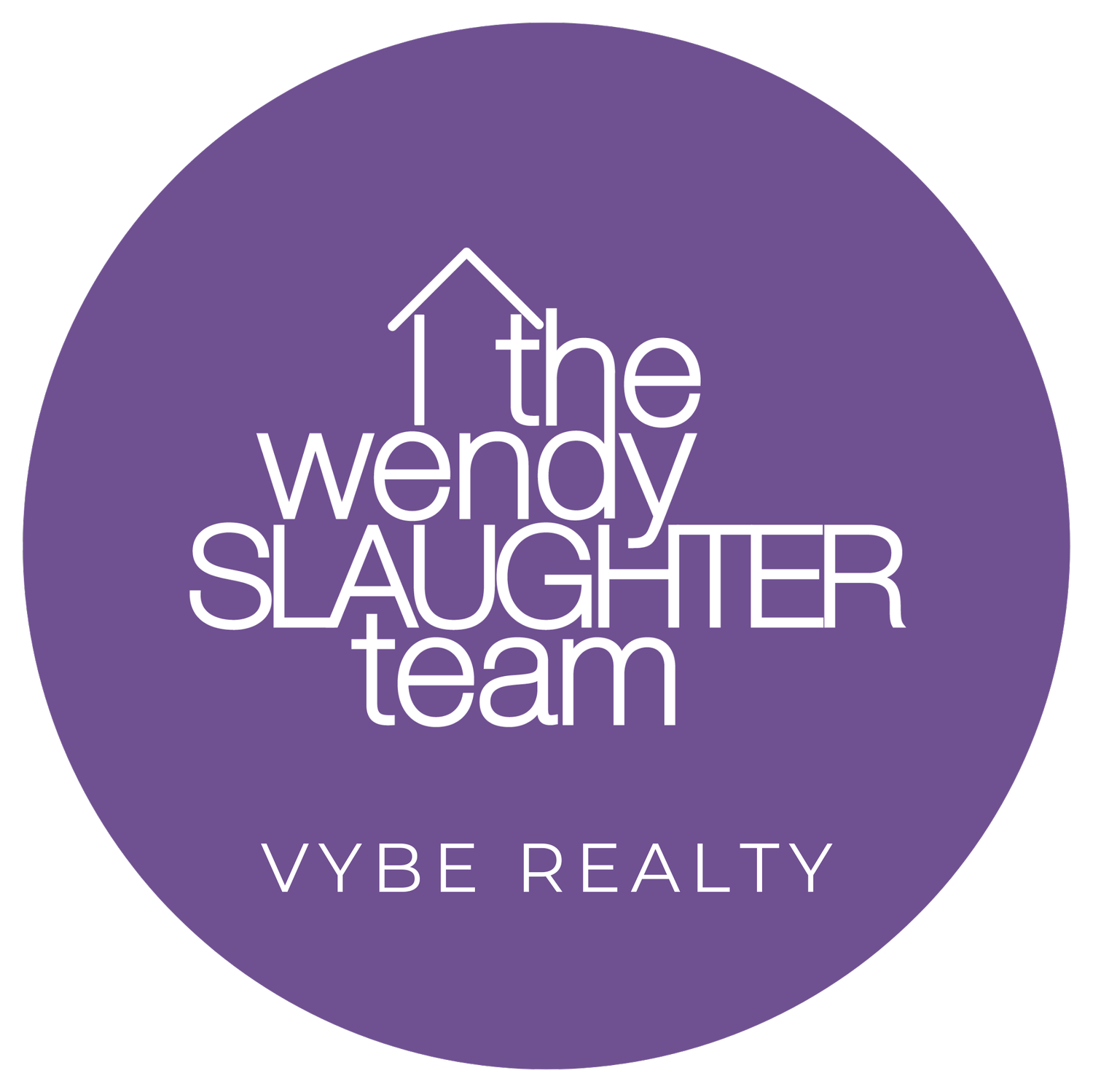You have made it to the final step in the process of finding your dream home and now what? It is the day of your closing! This is the day you close the deal on your home as well as the mortgage to buy that real estate. Essentially it's the transfer of property ownership from the seller to the buyer. The closing can take place at a title company or at the office of one of the real estate agents involved in the transaction.
Two things take place at the closing and will be described in more detail below: signing documentation and distribution of funds.
Who attends and how long will settlement take?
Most of the time, the sellers, the buyers and both realtors will attend. A settlement officer from the title company will run the settlement. It usually takes about 1-2 hours.
Papers You Will Sign As Buyers
(the first 4 are for purchases involving a loan)
- Truth in Lending Disclosure – describes the interest rate on your mortgage
- Note – promises that you will repay the bank
- Mortgage – states that if you do not pay, the bank can foreclose on your home
- Escrow paperwork – establishes the process of collecting money from you on a monthly basis so the bank has funds to pay taxes and insurance when those payments are due
- Deed – states that the sellers are signing the property over to the buyers
- Tax forms – puts the property taxes in your name
- Name affidavit – verifies names that the buyers have used over time
- Corrections agreement – authorizes the title company to resubmit papers for additional signing if mistakes are found
- HUD-1 Settlement Statement – outlines all of the money that changes hands in the transaction
(This list is a good sample, but there could be additional forms required by your lender)
Distribution of Funds
- The sellers will receive a check for proceeds they earned from the sale.
- The real estate agents will receive a check for their commissions.
- The buyers will provide a cashier's check to cover their down payment, escrow, title insurance policy, and closing costs.
Explanation of Who Pays
Depending upon what is negotiated in the contract of sale, the buyers and/or sellers pay the fees such as real estate commissions, title insurance, and pro-rated property taxes. In some cases, buyers negotiate to receive money from the sellers that is used to pay some closing costs and fees (some portion or all), or payment of a one-year home warranty. Some items are pro-rated and some are split between the buyer and seller according to length of use, at closing. Property taxes, insurance, homeowner’s association fees or condo fees, and water bills are the most commonly pro-rated items. The most common split item is the transfer tax. The HUD-1 shows line by line each and every expense as well as who is to pay what amount. Therefore, it’s helpful to review the HUD-1 prior to closing if possible.
What Buyers Should Bring to a Closing
As home buyers, your real estate agent and loan officer should provide plenty of coaching on what to bring to your closing. Things you’ll need:
- A cashier’s check (not a personal check) usually made out to the title company for the total amount due on the HUD-1 Settlement statement. This includes your down payment and any closing costs that are your responsibility.
- Personal identification with photo – can be your driver’s license or passport
What Buyers Receive at Closing
Lots of paperwork….and a set of keys! Congratulations!

